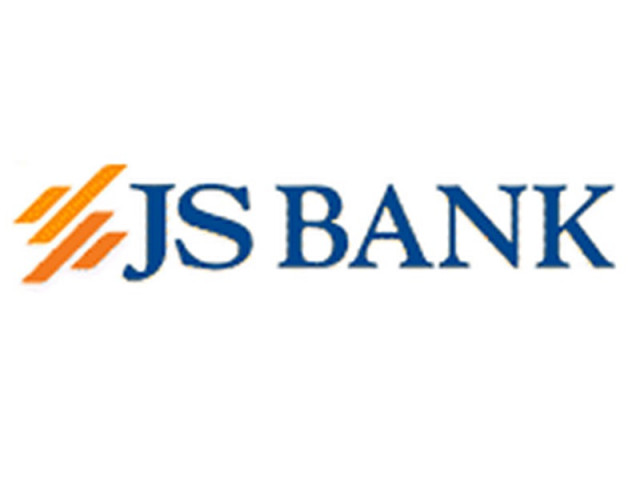With HSBC acquisition, JS Bank shows its deal-making savvy
Pricing formula takes into account flight of multinational corporate clients.

Deal structure is not often an element of merger strategy that Pakistani corporations pay attention to; but with its acquisition of HSBC Pakistan, JS Bank has shown that paying attention can make all the difference in the world.
The key element to the deal structure appears to be the pricing formula: JS Bank made the announcement soon after concluding an agreement with HSBC Bank Middle East – the parent of HSBC’s Pakistan operations. Quite strangely, it announced the deal without actually having agreed upon a final price.
For a listed company acquiring an unlisted asset, this is a highly unusual strategy, especially since the stock of the acquiring company in most mergers typically tends to go down anyway. So why would JS Bank saddle its shareholders with even more uncertainty about just how much will actually be paid out for its acquisition? And why would it make it a point to announce the deal before finalising all of the agreements?
The reason is simple: JS Bank is learning from Faysal Bank’s mistakes. When Faysal Bank acquired the Royal Bank of Scotland’s Pakistani subsidiary, it had bought a bank that it thought had Rs105 billion in assets and Rs77 billion in deposits. The problem for Faysal Bank was that within months of the acquisition, a large proportion of those deposits – as much as 40% according to some sources in the banking sector – left the bank, with most going to Standard Chartered Bank Pakistan.
Banking assets are not like the assets of manufacturing companies: they depend upon acquiring and retaining a client base of depositors. Many of RBS Pakistan’s clients were multinational firms that are required by their global parent companies to do the majority of their banking – and keep the majority of their deposits – in multinational banks.
When RBS sold off its Pakistani subsidiary to Faysal Bank, many of those clients moved their deposits. Some went to Citibank and Barclays, but most went to Standard Chartered Bank, the largest foreign bank in Pakistan and the one that appears least likely to leave Pakistan any time soon.
Faysal Bank did not overpay for RBS Pakistan, paying around half of the book value. But given the fact that so many of those deposits did not end up staying at Faysal Bank must have made their management feel that they got less value for what they paid for. JS Bank, it seems, had been paying attention, and did not want to make that mistake.
Sources in the banking sector say that soon after the announcement that HSBC would be selling its Pakistan operations to JS Bank, at least Rs10 billion in deposits have left the bank and come into Standard Chartered Bank. That amount is equal to approximately 22% of the bank’s total deposit base.
The reason for announcing the deal while agreeing on a price mechanism appears to have been designed to avoid the trap that Faysal Bank fell into: the skittish depositors will have already left by the time JS takes control of HSBC Pakistan, and the pricing formula will likely adjust to take into account the smaller asset base and the lower deposits, saving JS Bank significant money on its acquisition price.
A spokesperson for JS Bank did not respond to requests for comment on the matter. The bank has been tight-lipped about the specifics of the formula and whether or not it was intended to benefit the bank in a situation where its acquisition target began losing assets.
Published in The Express Tribune, November 18th, 2012.



















COMMENTS
Comments are moderated and generally will be posted if they are on-topic and not abusive.
For more information, please see our Comments FAQ